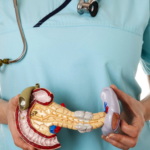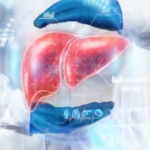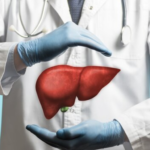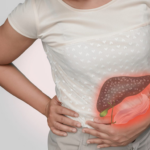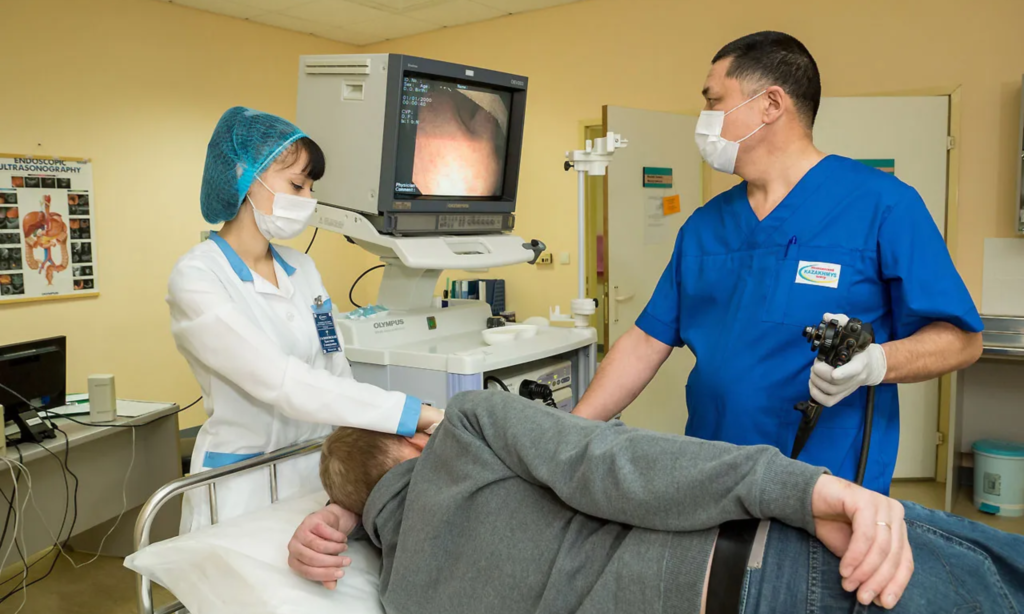
The human stomach, a vital organ in digestion, can be prone to various conditions that affect its health and functionality. These conditions often necessitate precise diagnosis to initiate appropriate treatment. One of the most effective diagnostic tools used by gastroenterologists is upper endoscopy, also known as esophagogastroduodenoscopy (EGD). This procedure allows doctors to visually inspect the upper gastrointestinal tract, including the esophagus, stomach, and duodenum, using a flexible, lighted tube called an endoscope.
Understanding Upper Endoscopy
Upper endoscopy is a minimally invasive procedure performed under sedation, ensuring patient comfort throughout. It helps gastroenterologists identify abnormalities such as inflammation, ulcers, tumors, and other structural issues within the upper digestive system. The procedure begins with the insertion of the endoscope through the mouth, passing it gently down the throat into the stomach and beyond.
Common Stomach Conditions Diagnosed
1. Gastritis: Gastritis refers to inflammation of the stomach lining, often caused by bacterial infections, excessive alcohol consumption, or prolonged use of nonsteroidal anti-inflammatory drugs (NSAIDs). Symptoms include abdominal pain, nausea, and bloating. Upper endoscopy allows for direct visualization of inflamed areas and the collection of tissue samples for biopsy to confirm the diagnosis.
2. Peptic Ulcers: Peptic ulcers are open sores that develop on the inner lining of the stomach or the upper part of the small intestine (duodenum). They can result from bacterial infection (H. pylori), prolonged use of NSAIDs, or excessive acid production. During upper endoscopy, gastroenterologists can locate ulcers, assess their severity, and sometimes even treat them by cauterization or applying medication directly.
3. Gastroesophageal Reflux Disease (GERD): GERD occurs when stomach acid frequently flows back into the esophagus, causing irritation and inflammation. This condition can lead to heartburn, regurgitation, and difficulty swallowing. Upper endoscopy helps doctors examine the extent of esophageal damage caused by GERD and guide treatment decisions.
4. Esophagitis: Esophagitis is inflammation of the esophagus, often due to GERD, infections, or certain medications. It can cause pain, difficulty swallowing, and in severe cases, bleeding. Through upper endoscopy, doctors can visualize inflamed areas, take biopsies, and recommend appropriate therapies to relieve symptoms and promote healing.
5. Barrett’s Esophagus: Barrett’s esophagus is a condition where the normal tissue lining the lower esophagus is replaced by tissue similar to that of the intestine. It is often associated with long-standing GERD and increases the risk of esophageal cancer. Upper endoscopy plays a crucial role in monitoring Barrett’s esophagus, detecting dysplasia (precancerous changes), and guiding surveillance strategies to prevent cancer development.
6. Gastric Polyps: Gastric polyps are growths that protrude from the inner lining of the stomach. While most gastric polyps are benign, some may be precancerous or cancerous. Upper endoscopy allows gastroenterologists to visualize these polyps, take biopsies, and determine whether removal or monitoring is necessary.
Importance of Timely Diagnosis and Treatment
Early detection of stomach conditions through upper endoscopy is paramount for initiating timely and effective treatment. Prompt intervention can alleviate symptoms, prevent complications, and improve overall digestive health. Gastroenterologists frequently work closely with patients to create individualized treatment strategies that align with their unique conditions and medical backgrounds.
Upper endoscopy is a valuable diagnostic tool that enables gastroenterologists to diagnose and manage a wide range of stomach conditions effectively. By visualizing the upper gastrointestinal tract and obtaining tissue samples for biopsy, doctors can provide accurate diagnoses and initiate appropriate treatments promptly. If you experience persistent abdominal discomfort, digestive issues, or other symptoms related to your stomach health, consult a gastroenterologist for evaluation and personalized care.
Summary
For comprehensive care of stomach conditions using advanced diagnostic and treatment methods, visit Dr. Prasad Bhate at the Dr Bhate’s Gastro Liver Clinic in Pune, located in Baner. Dr. Prasad Bhate specializes in gastroenterology and offers expertise in managing various gastrointestinal disorders, ensuring personalized care and effective treatment strategies tailored to your needs.
